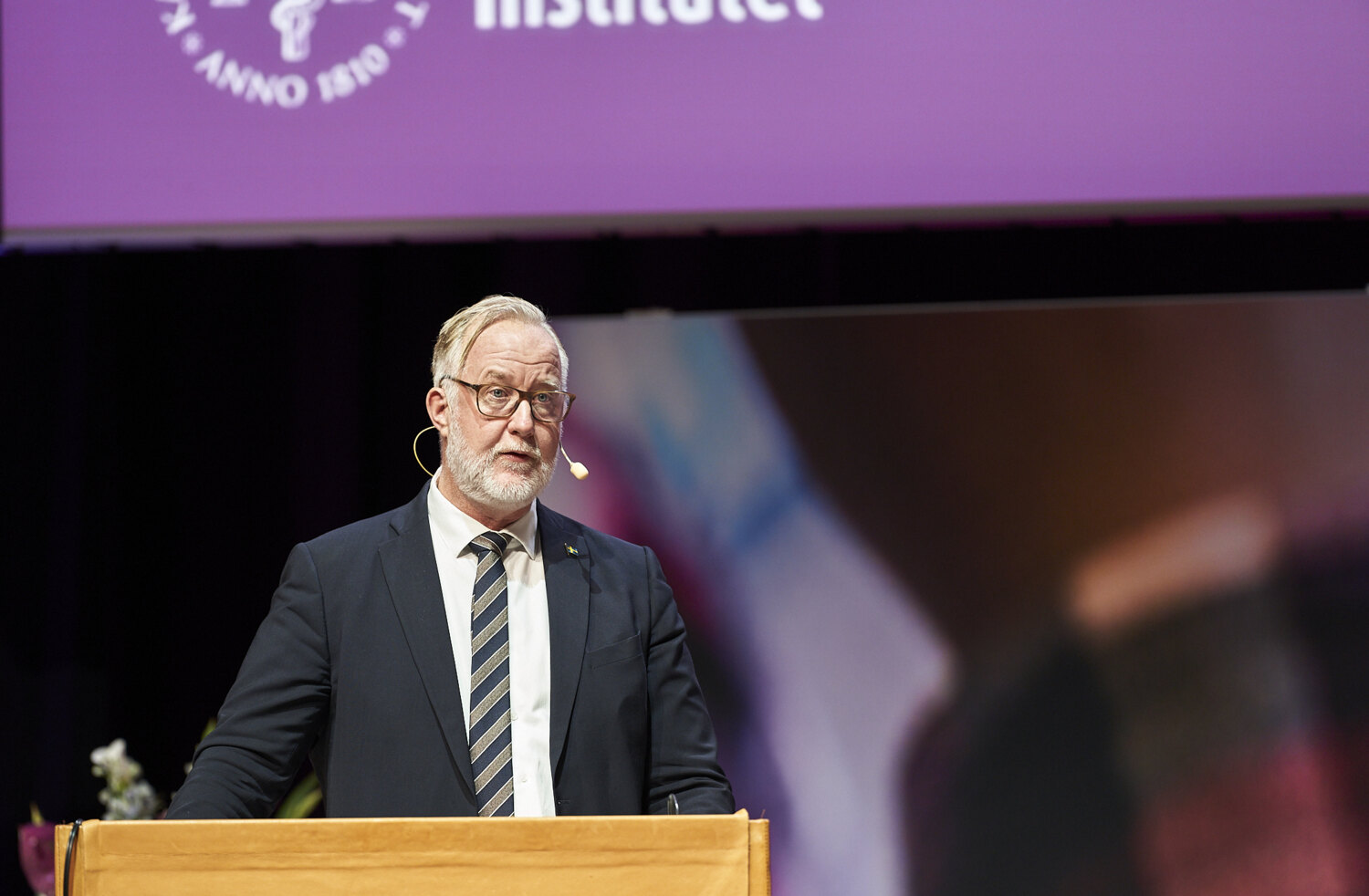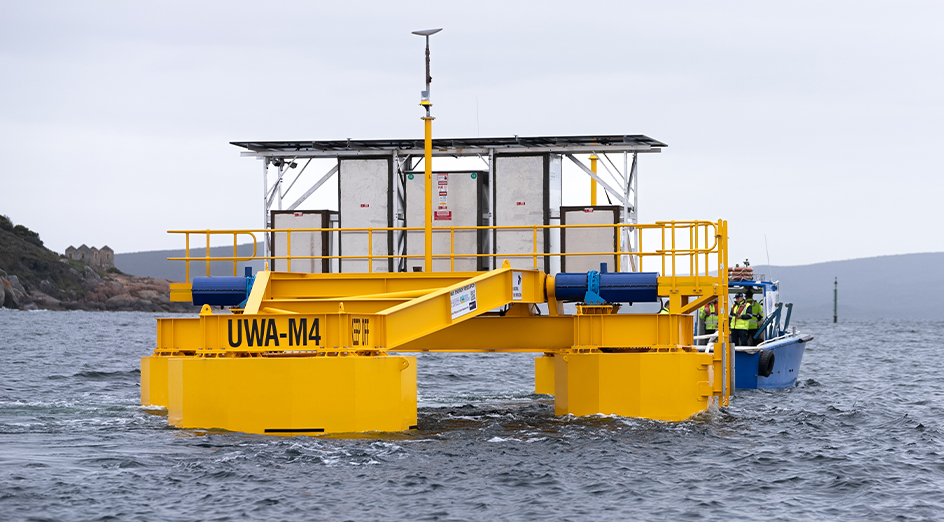Year 1 students in South Australia’s public schools are continuing to show improvements in literacy – with results from the 2023 phonics screening check climbing for the fifth consecutive year.
The assessment has helped educators bring about a cumulative improvement of 28 percentage points since the first check began in 2017.
This year, 71 per cent of Year 1 students met or exceeded expectations, which requires them to correctly decode 28 or more words out of 40. This is an increase of three percentage points compared to last year.
Improvements were seen across several student groups, including Aboriginal students, students who speak English as an additional language or dialect, and students in country schools.
The check shows teachers how their students are progressing in phonics, which is the relationship between letters and sounds and is critical for learning to read.
The phonics screening check is completed state-wide in Term 3 each year. This allows Year 1 students enough time to develop phonics skills, while still being early enough to implement effective support for students who need it.
The check takes place in a quiet room between each student and their classroom teacher and takes about five minutes. The teacher asks the student to read 40 words aloud from a list that consists of a combination of real and pseudo-words that steadily become more challenging. The pseudo-words show the student can use their phonics skills to decode and blend letters into sounds, rather than relying on memory or guessing familiar words.
Although reception teachers do not implement the Phonics Screening Check, they lay the foundation reading skills that set children up for success in reading.
Over 1300 public school teachers and leaders attended professional learning in 2023 and from next year the Education department will expand early reading support to include learning for Year 2 teachers with a focus on Oral Reading Fluency.
Following the phonics check success here in South Australia, New South Wales completed a trial of phonics screening in 2020 and mandated it for all public schools in 2021, with Victoria and Tasmania introducing the check for all Year 1 students in public schools this year.
As put by Blair Boyer
Literacy is the building block from which all further learning is based and it’s critical to support students to have excellent literacy skills as early as possible.
These checks, first introduced by former Education Minister and now Deputy Premier Susan Close, allow teachers to recognise any issues as early as possible, and ensure that the appropriate supports and intervention delivers the best results.
South Australia leads the nation with the design and implementation of literacy resources, programs and services that strengthen student literacy in public schools – and it’s fantastic that we’re seeing the results of that in our student achievement.
As put by Department for Education Chief Executive Professor Martin Westwell
To see an uplift in student improvement in students understanding of letters and sounds for the fifth consecutive year is encouraging.
The steps we’ve taken in recently years across our public preschools and schools to improve literacy skills are shining through in the Year 1 phonics check results each year.
The check gives our teachers a chance to effectively identify students who need additional help with literacy and provide timely support for them to improve.








